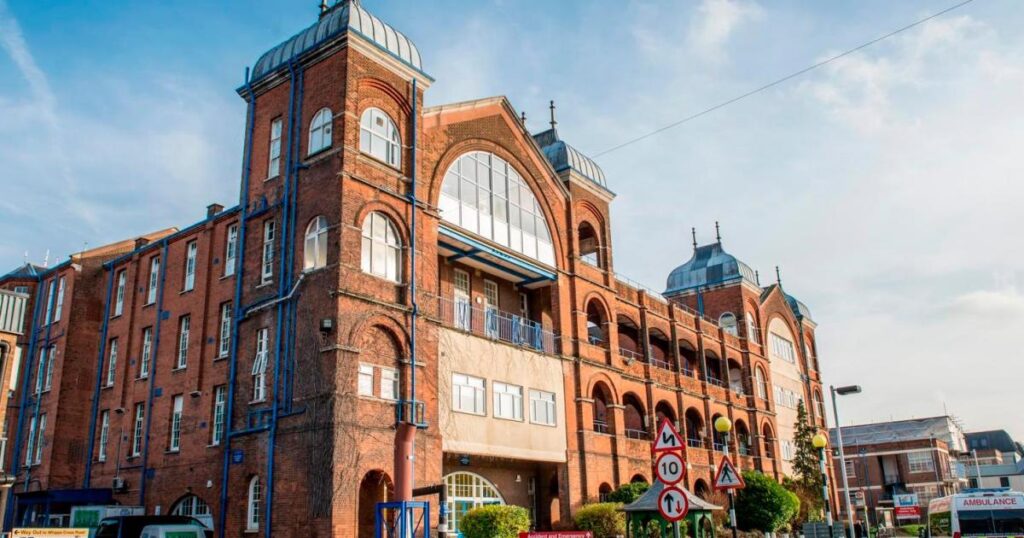One, from Havering, developed the problem after a hernia operation, while the other, from Chingford, had sought help for stomach pain a week earlier but has been sent home with antibiotics.
Senior coroner Graeme Irvine opened inquests into both men’s Whipps Cross Hospital deaths at East London Coroner’s Court on Thursday, April 24.
Adrian Coates, 66, of Prospect Road in Hornchurch, died on October 31.
“He had undergone a surgical procedure – an elective procedure – to repair a hiatus hernia,” said Mr Irvine.
A hiatus hernia is when part of the stomach breaches the chest cavity.
After the operation, his right lung collapsed and there were deteriorations in his blood circulation, metabolism and kidney function.
Investigative surgery turned up “an unexpected finding”, said Mr Irvine – “an ischemic injury to the upper part of his colon, which had caused tissue to die”.
Ischemia is when part of the body is not receiving enough blood to keep it alive.
An operation was done to remove the dead tissue and rejoin his bowel, the coroner said, but “sadly there was progressive organ failure and he passed away”.
His cause of death was given as “colonic ischemia” and an “embolic occlusion” – likely a blood clot which disrupted his blood flow.
“It seems to me appropriate that this matter is opened for inquest to consider whether or not there were any missed opportunities to mitigate the harm suffered to Mr Coates,” the coroner said.
He then opened another, similar inquest.
James Gerety, also 66, of Leadale Avenue in Chingford, died on November 8.
Mr Irvine said he had attended Whipps Cross on October 15 with abdominal pain. After a CT scan, he was diagnosed with colitis – a swelling of the colon – and discharged with antibiotics.
But he returned to the hospital on October 2 with “worsening pain”, the coroner said, and after another CT scan he was sent for “emergency surgery”.
A hole was found in his sigmoid colon – the lower part of his large intestine – and he had surgery “to remove dead tissue”.
The operation left him with a stoma – a hole in the abdomen to pass faeces – but it started bleeding in the aftermath of the surgery and he also developed a fungal infection.
A CT scan “suggested his bowel had become ischemic”.
Multiple additional operations were done, but “he remained critically unwell,” said Mr Irvine.
On November 8, he started showing symptoms of a brain injury and a scan revealed he’d had a stroke. He died later that day.
Mr Irvine said he would need to know whether the hospital had launched investigations into either man’s death. If so, he would have to be furnished with the results.
Mr Gerety’s family have raised concerns over the fact that he had attended A&E on October 15 and was sent home with antibiotics.
The coroner ordered statements be obtained from consultants responsible for the treatment of both men.
That included the emergency medicine consultant responsible for Mr Gerety’s treatment on October 15, whose statement should “address the family’s concerns as to why Mr Gerety was not admitted at that stage”, Mr Irvine said.
He made each man’s family “interested persons” in their respective inquests – a legal status entitling them to scrutinise evidence ahead of the final inquests and question any witnesses called to testify.
He also made Barts Health NHS Trust, which runs Whipps Cross, an interested party in both inquests.
Mr Coates’s inquest was provisionally scheduled for November 27. Mr Gerety’s was set for October 29.
A spokesperson for the trust said: “We are assisting the coroner and will continue to help with any enquiries the court may have.”




